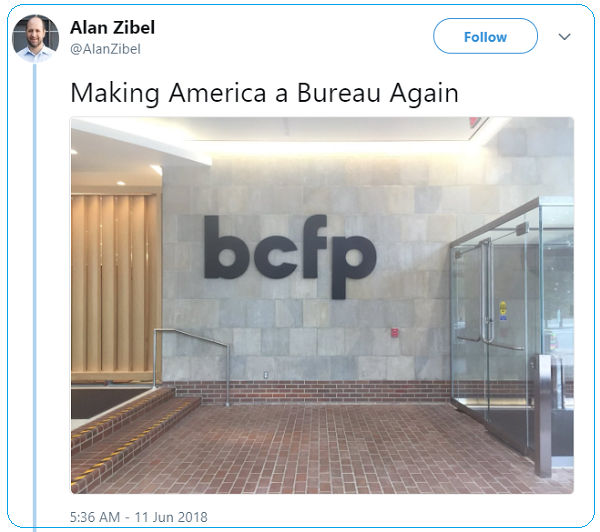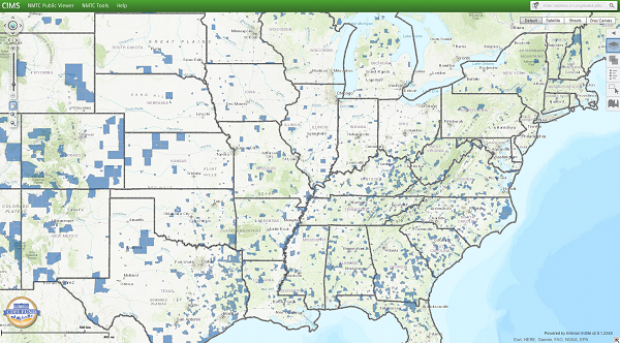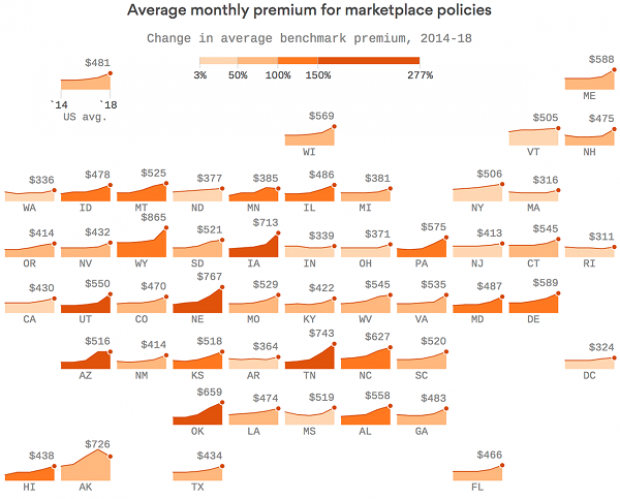Hackers’ Delight: 1 Million Miles for Reporting United Airlines Security Flaws
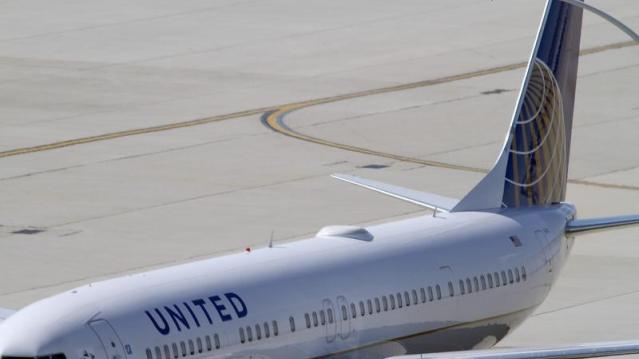
Now here’s a rewards program Julian Assange could love. United Airlines has confirmed that it paid 1 million frequent flier miles each to two hackers who found serious flaws and security breaches in its computer systems.
Related: Millions of Samsung Galaxy Phones May Be Vulnerable to Hackers
This past May, United started a “bug bounty” program to find loopholes in its security, but it’s hardly the first corporate entity to do so. Google, Facebook and Yahoo all offer rewards or incentives to hackers who report bugs to them privately. Netscape engineer Jarrett Ridlinghafer is largely credited with coming up with the concept of rewarding good, or “white hat,” hackers for trouble-shooting in 1995.
Jordan Wiens, founder of cybersecurity company Vector 35, was one of two winners to claim a million airline miles for his prize. He posted a screenshot of his mileage account on Twitter. (He submitted the bug on May 15, got a response on May 19, a validation notice on June 24 and then the payout on July 10.) A second bug he reported won a lesser prize of 250,000 miles. Kyle Lovett from Montgomery, Calif., was the other million-mile winner. Lovett Tweeted that he will use some of the miles to fly out his mother and brother to California.
Wow! @united really paid out! Got a million miles for my bug bounty submissions! Very cool. pic.twitter.com/CEclmhmyUq
— Jordan Wiens (@psifertex) July 10, 2015
No doubt the airline saved a ton of money in preventing computer issues. In recent months United has had to ground it flights twice as a result of computer system glitches. On June 2, an automation issue affected 150 flights, or 8 percent of its morning schedule. On July 8, a network connectivity issue due to a router malfunction locked up its reservations system and grounded thousands of flights worldwide.
Looks like the airline has more miles to dole out, too: Twitter was full of happy pronouncement from hackers claiming smaller prizes and begging Delta to do the same.
GOP Tax Cuts Getting Less Popular, Poll Finds

Friday marked the six-month anniversary of President Trump’s signing the Republican tax overhaul into law, and public opinion of the law is moving in the wrong direction for the GOP. A Monmouth University survey conducted earlier this month found that 34 percent of the public approves of the tax reform passed by Republicans late last year, while 41 percent disapprove. Approval has fallen by 6 points since late April and disapproval has slipped 3 points. The percentage of people who aren’t sure how they feel about the plan has risen from 16 percent in April to 24 percent this month.
Other findings from the poll of 806 U.S. adults:
- 19 percent approve of the job Congress is doing; 67 percent disapprove
- 40 percent say the country is heading in the right direction, up from 33 percent in April
- Democrats hold a 7-point edge in a generic House ballot
Special Tax Break Zones Defined for All 50 States
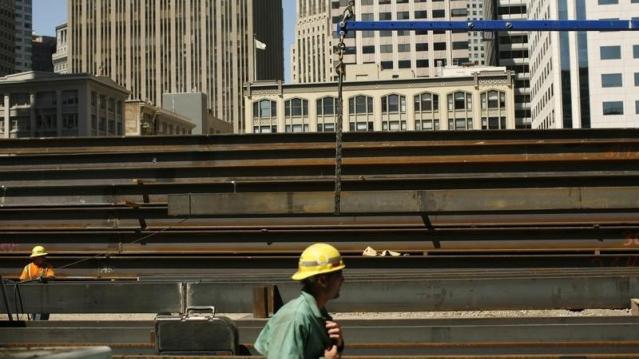
The U.S. Treasury has approved the final group of opportunity zones, which offer tax incentives for investments made in low-income areas. The zones were created by the tax law signed in December.
Bill Lucia of Route Fifty has some details: “Treasury says that nearly 35 million people live in the designated zones and that census tracts in the zones have an average poverty rate of about 32 percent based on figures from 2011 to 2015, compared to a rate of 17 percent for the average U.S. census tract.”
Click here to explore the dynamic map of the zones on the U.S. Treasury website.
Map of the Day: Affordable Care Act Premiums Since 2014

Axios breaks down how monthly premiums on benchmark Affordable Care Act policies have risen state by state since 2014. The average increase: $481.
Obamacare Repeal Would Lead to 17.1 Million More Uninsured in 2019: Study
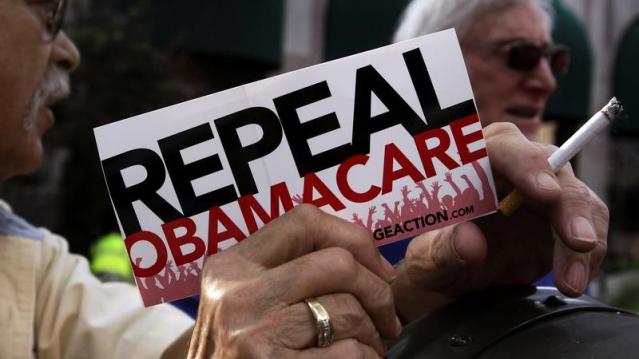
A new analysis by the Urban Institute finds that if the Affordable Care Act were eliminated entirely, the number of uninsured would rise by 17.1 million — or 50 percent — in 2019. The study also found that federal spending would be reduced by almost $147 billion next year if the ACA were fully repealed.
Your Tax Dollars at Work

Mick Mulvaney has been running the Consumer Financial Protection Bureau since last November, and by all accounts the South Carolina conservative is none too happy with the agency charged with protecting citizens from fraud in the financial industry. The Hill recently wrote up “five ways Mulvaney is cracking down on his own agency,” and they include dropping cases against payday lenders, dismissing three advisory boards and an effort to rebrand the operation as the Bureau of Consumer Financial Protection — a move critics say is intended to deemphasize the consumer part of the agency’s mission.
Mulvaney recently scored a small victory on the last point, changing the sign in the agency’s building to the new initials. “The Consumer Financial Protection Bureau does not exist,” Mulvaney told Congress in April, and now he’s proven the point, at least when it comes to the sign in his lobby (h/t to Vox and thanks to Alan Zibel of Public Citizen for the photo, via Twitter).
